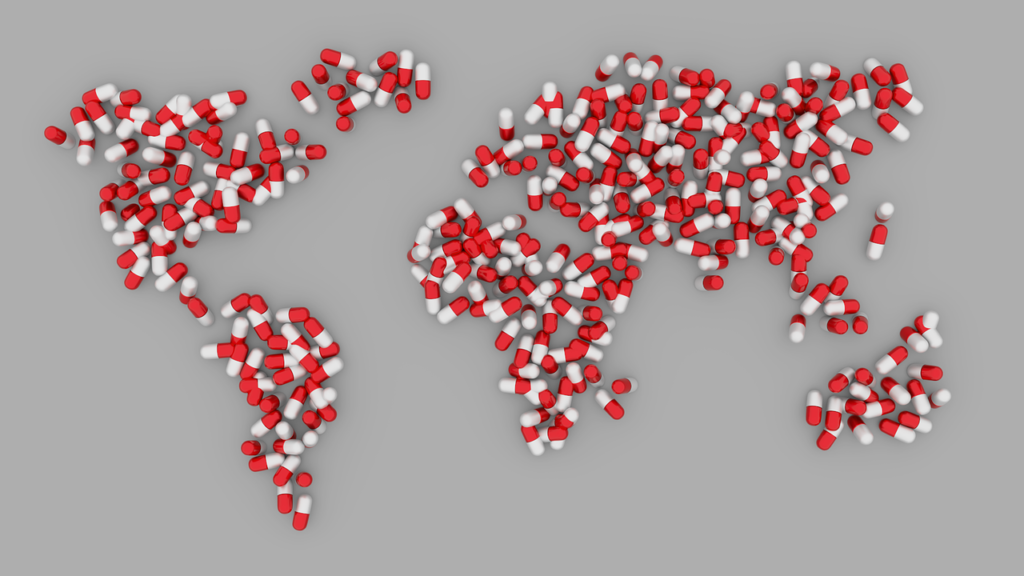Heartburn pills or Proton Pump Inhibitors also known as PPIs, are powerful stomach acid suppressors commonly used by thousands of acid reflux patients in Houston. A number of heartburn pills like Nexium, Prilosec, and Prevacid are readily available over the counter. PPIs are also commonly prescribed by most Houston gastroenterologists and primary care physicians for first line treatment of heartburn and acid reflux. In Houston, acid reflux and heartburn patients spend millions of dollars every year on heartburn pills. Many cannot start their day without taking a PPI and other cannot go to bed before taking one. For acid reflux patients, life is very difficult without one or two, daily heartburn pill.
Stomach acid, however, plays an important role in normal food digestion and absorption. Furthermore, stomach acid production and secretion are normal in acid reflux and heartburn patients. Heartburn is not the result of acid over-production. Rather, heartburn occurs secondary to acid reflux into the food pipe due to a weak acid reflux barrier. Heartburn, a recurrent and debilitating burning pain behind the breast bone responds very well to PPI treatment. Similarly, esophageal inflammation, and ulceration secondary to acid reflux resolve with PPI therapy. PPIs, however, do not address the underlying cause of acid reflux disease. Heartburn pills do not restore the anti-reflux barrier to stop acid reflux. In order to mask heartburn, acid reflux patients have to take an escalating number of heartburn pills every day, for the rest of their lives.
Long-term PPI intake damages different organs of the body at the same time resulting in serious side effects. Dementia, heart disease, renal failure, osteoporosis, pneumonia, C diff colitis, vitamin and mineral deficiency, and delayed gastric emptying. While short term use of PPIs alleviates a heartburn attack and heal an ulcer, long term PPI use is bad for your health.
Furthermore, heartburn pills neither stop the progression of acid reflux disease nor reduce the likelihood of Barrett’s esophagus progressing to esophageal cancer. Indeed, studies have shown that acid reflux patients with Barrett’s esophagus who take PPIs are more likely to get cancer. PPIs don’t stop reflux but simply mask symptoms. This is the ugly truth about heartburn pills; Acid reflux patients on PPIs have the illusion that reflux is under control. They take a pill and eat whatever they like as the TV commercial implies. At Houston Heartburn and Reflux Center, we educate and caution our patients against such an approach to GERD treatment. We advocate proper diagnosis to confirm GERD stage prior to treatment. We evaluate symptom control and carefully examine lifestyle patterns that contribute to acid reflux. We recommend smoking cessation and alcohol intake reduction. We encourage weight loss and healthy eating. We try to wean PPI use and when possible replace them with less harmful medications like histamine receptor blockers. Most importantly we explain to our patients that PPIs don’t cure acid reflux disease. The only cure for severe acid reflux is hiatal hernia repair and Nissen fundoplication. Indeed, Nissen fundoplication surgery when properly performed is the safest, and most reliable solution for GERD.

